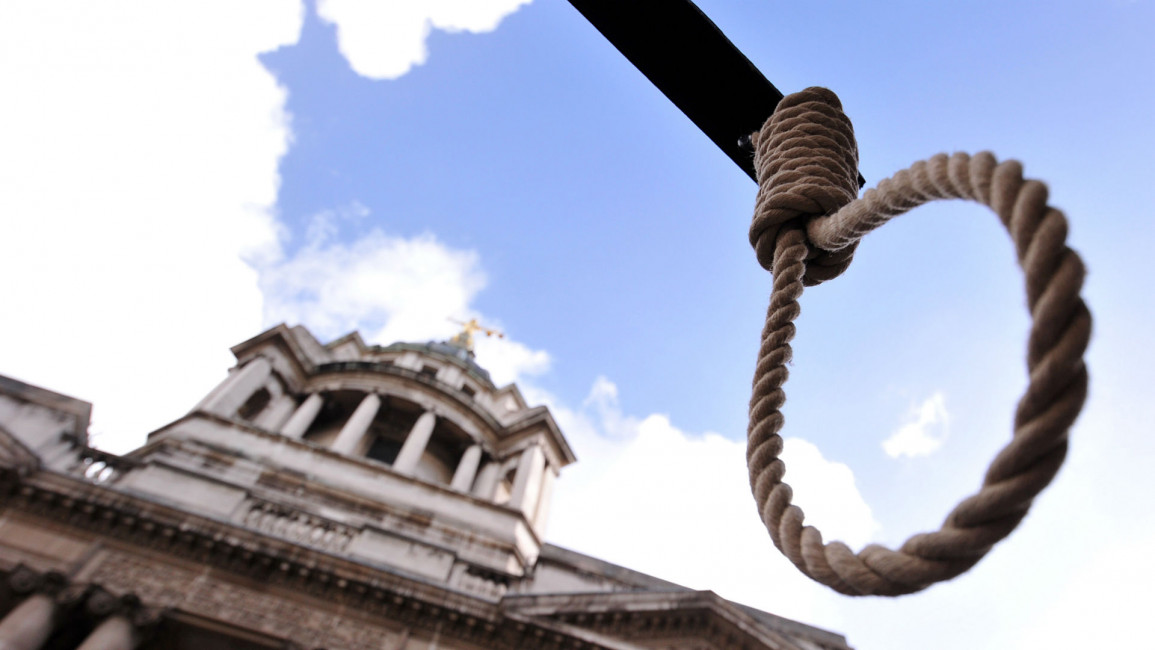Iran, Saudi Arabia, China top world execution list 2016
China executed the most people in 2016, followed by Iran and Saudi Arabia, Amnesty International said in its 2016 review on the death penalty published on Tuesday.
The report gave an unspecified number of executions for China, saying that the number was in the thousands.
Of the total number of executions for the rest of the world, which numbered 1,032, the majority -852 - were carried out in the MENA region.
"China wants to be a leader on the world stage, but when it comes to the death penalty it is leading in the worst possible way - executing more people annually than any other country in the world," said Salil Shetty, secretary-general of Amnesty International.
"The Chinese government has recognised it is a laggard in terms of openness and judicial transparency, but it persists in actively concealing the true scale of executions. It is high time for China to lift the veil on this deadly secret and finally come clean about its death penalty system."
According to the report, the total number of executions carried out worldwide had dropped by 37 percent compared to 2015. This was mainly due to the fact that Iran had reduced its number of capital punishments carried out, Amnesty said.
For the first time in a decade, the United States was not included in the top five countries on the list. It executed 20 people by lethal injection in 2016, while 2,832 people still remain on death row there.
The global drop in executions was also reflected in the Middle East, where a 28 percent decrease from the previous year was noted.
Iran alone executed at least 567 people, while Saudi Arabia carried out at least 154 executions.
In 2015, the oil-rich Gulf state executed 158 people, reaching its highest figure since 1995.
Egypt, meanwhile, bucked the global trend by doubling its number of executions from 22 in 2015 to 44 in 2016.
With its continued crackdown on dissidents and political activists by President Abdel Fattah al-Sisi, Egypt ranked sixth on the report.
"Egypt has witnessed an unprecedented increase in mass death sentences after unfair trials," Amnesty said.
"Many MENA states justify their use of the death penalty by claiming that they are acting to counter grave security threats, despite there being no evidence that the death penalty deters violent crime," said Amnesty's head of the death penalty team, James Lynch.
"The reality is that many of those executed across the region are from poor and marginalised communities, in hundreds of cases sentenced to death for non-violent crimes."


![President Pezeshkian has denounced Israel's attacks on Lebanon [Getty]](/sites/default/files/styles/image_684x385/public/2173482924.jpeg?h=a5f2f23a&itok=q3evVtko)



 Follow the Middle East's top stories in English at The New Arab on Google News
Follow the Middle East's top stories in English at The New Arab on Google News


